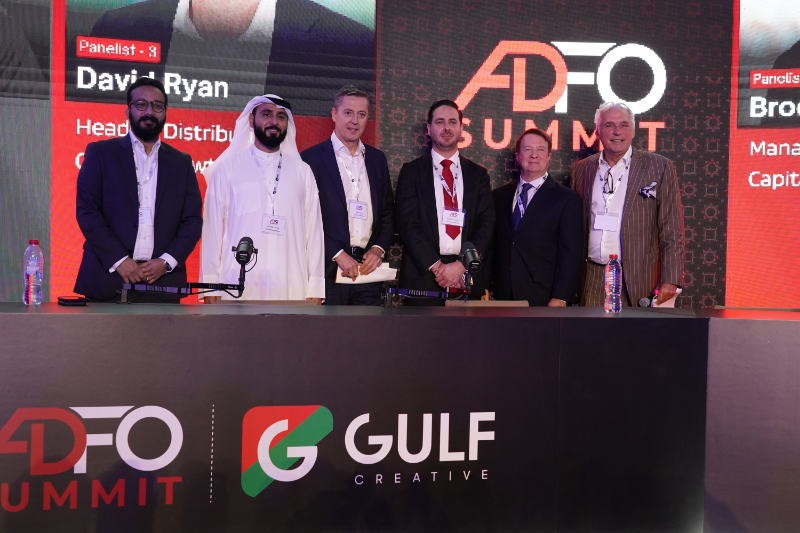By John McLean

Climate-friendly farming is on the rise — at the COP28 climate summit in Dubai it was announced that a joint effort initiated by the United Arab Emirates and the U.S. to advance sustainable agriculture has reached $17 billion in investment. Forty other countries have signed on to the partnership since its inception, underlining the importance of agriculture in a time of climate crisis.
The week before COP28 started in Dubai, I was down the road in the country’s capital, Abu Dhabi. On behalf of Zero Gravity, I attended the Abu Dhabi Family Office Summit. It was excellent to meet with significant investors about the future of sustainable, smart agriculture. Rising to meet the climate crisis means providing food for our growing population, but with less space, and more severe weather. Pests and disease will also intensify, as a warmer, more extreme climate creates conditions for weeds, insects, fungi and bacteria to assault and infect crops. Increasing efficiency and ensuring food security is an important issue in the Middle East, and only with the help of visionary investments will we be able to meet this generational challenge. There are three important facets to confront.
First, even though more farmland is needed to match humanity’s growth, we cannot commandeer additional arable land for agricultural use without significant detrimental effects to our climate. The U.S. is already at its peak for farmland development, and countries like Brazil clearing more room for agriculture comes with obvious downsides. Increasing yield by doing more with the space we have available is an imperative and we need to focus investment on practical, affordable technologies that drive improvement to on-farm productivity and farmer profitability.
Second, as we intensify agriculture, nature will fight back. Today, global crop losses from disease are estimated to be between 20 and 40 percent in staple crops, in spite of crop protection measures. Crowding more crops into a smaller space will increase rates of disease, and pressures from pests, unless we take an alternative approach. For example, the vital soybean crops — which create tofu and soy milks, but are also used in animal feed to create meat and dairy, vegetable oils, and biofuels — are increasingly threatened by fungal soybean rust. Fungal spores are carried easily between soybean plants via wind, making infection of highly concentrated fields a foregone conclusion.
Third, all farming is local. We have to create technologies that account for local economic conditions for farmers, their crops, plus regional soil characteristics and the larger ecosystems that surround farms. Smart agriculture does not always mean filling fields with sensors, drones and automation technology — rather, it’s about affordable, intelligently applied technologies that increase yield per hectare. Plants already have an innate ability to defend themselves against pests, pathogens and other stressors.
It is clear that we can no longer use 20th century solutions for 21st century problems. Zero Gravity has developed biotechnology that unlocks a natural immunity in plants, matches farmer economics, and does not harm local ecologies. This activation of innate immunity of plants, through application of non-toxic agents is a process known as “priming,” and is the lowest cost and most broadly effective method to overcome both abiotic and biotic stresses. Proven over eight years of field trials across more than 30 vital crops, across multiple continents, Zero Gravity and “priming” technology is poised to grow in 2024. If you’d like to learn more, you can find us at zerogsi.com.
About Zero Gravity Solutions, Inc. —
Zero Gravity Solutions, Inc. is a biotechnology company focused on safe and sustainable agriculture. Its plant priming technology harnesses natural physiology to more sustainably improve crop yields, resistance to disease, and increase farmer profitability. For more information, please visit zerogsi.com.
